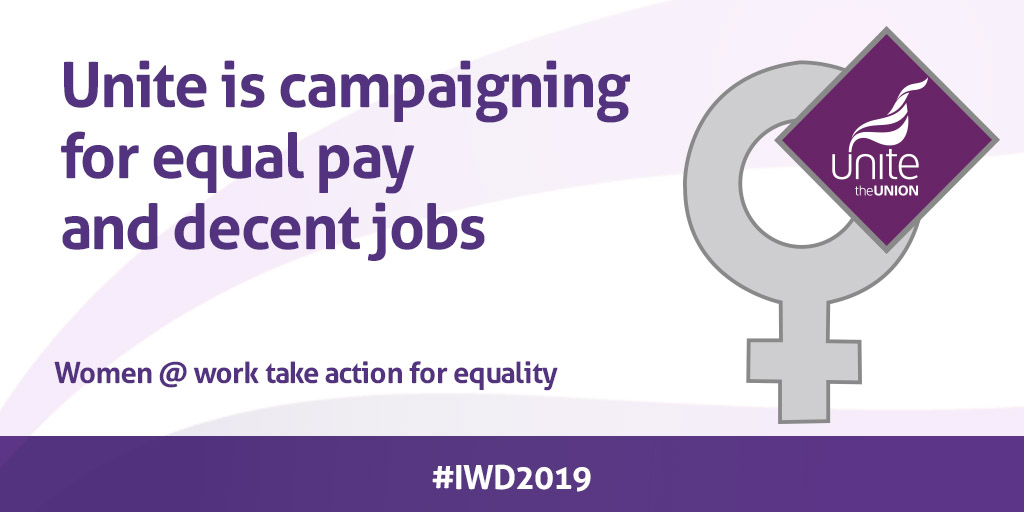Equal Pay Day
Today marks Equal Pay Day, the day in which women begin “working for free” until the New Year because of the growing gender pay gap, which equates to 57 days of uncompensated work.
Last year, Equal Pay Day came on November 7, but as the gender pay gap has grown, the day comes in 2014 three days early.
This year, women currently earn on average ÂŁ2.53 less per hour than do men, accounting for 80 pence for every pound that a man earns.
The growing gap follows a worrying trend in which previous progress has been reversed—between 1997 and 2010, the pay gap closed by a third, but it plateaued as the coalition government came to power and has since continued to widen.
Unite assistant general secretary for equalities Diana Holland denounced the growing pay gap.
“It is shameful that the pay gap between men and women has grown again over the last year,” said Holland. “This shocking move backwards exposes how little the government values women and how little they understand women’s complex and demanding lives.”
Holland argued the pay gap has very specific foundations—in developments in government policy and business trends of the past few years.
“Attacks on women’s and family incomes, the attack on the equal pay audit provisions in the Equality Act, the growth of zero hours and insecure contracts, the lack of support for union equality reps – all expose how out of touch this government is with women,” she said.
Unite national officer for equalities Siobhan Endean added pay secrecy to the list of problems exacerbating the gender pay gap.
“Opaque pay systems which rely on individual bonuses and targets that are discriminatory are far from incentivising and can lead to low morale among the work force as well as discrimination,” explained Endean.
“Pay secrecy is rife, which makes it difficult to find out if women are being discriminated against, and leads to a culture of patronage rather than recognition of skills and ability,” she added. “It’s vitally important for fairness in the workplace that we have transparent and equality proofed pay systems.”
Holland highlighted the strong role trade unions have played to attack the widening pay gap and other inequalities women face in the workplace, making the case for bolstering union involvement.
“Every major equal pay case has been taken by trade unions,” Holland noted. “The gender pay gap in union workplaces is smaller and Unite is determined to call on all employers to play their part in closing the gender pay gap.”
Endean agreed, saying, “Your union can help you resolve equal pay problems through negotiating fair pay for all workers and can support a legal action on equal pay as a last resort.”
Holland said that one measure which would have an immediate effect on the gender pay gap would be a hike in the National Minimum Wage, which Unite has previously called for in its submission to the Low Pay Commission.
“An immediate £1.50 rise in the National Minimum Wage would benefit four and a half million workers, 60 per cent of them women,” she explained.
Equal Pay Day comes just a week after the World Economic Forum dropped the UK from its list of top 20 countries for gender equality. Last year, the UK ranked 18th and has since fallen this year to 26th place. When the World Economic Forum first began its gender equality index in 2006, the UK ranked 9th.
This year, the drop is attributed to the widening gap and women’s sharply falling incomes.
“Today is the day for everyone to come together and pledge to play their part,” Holland added. “We have waited too long. Closing the gender pay gap cannot be delayed – our daughters – and our sons – deserve fair and equal pay.”
 Like
Like Follow
Follow

